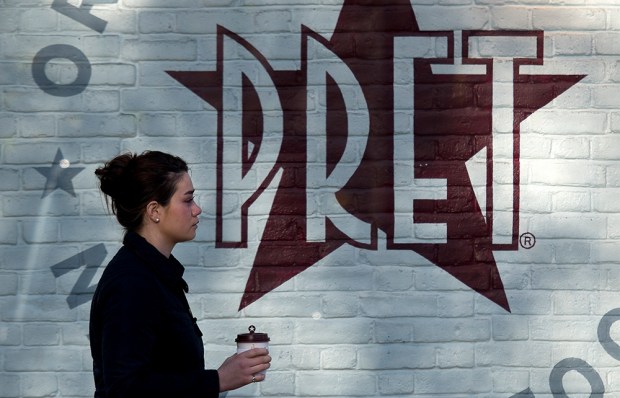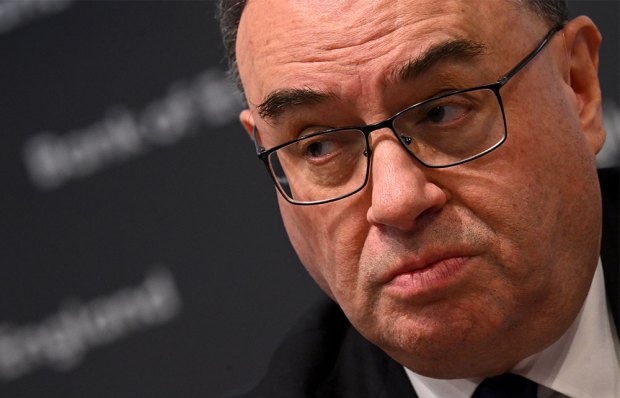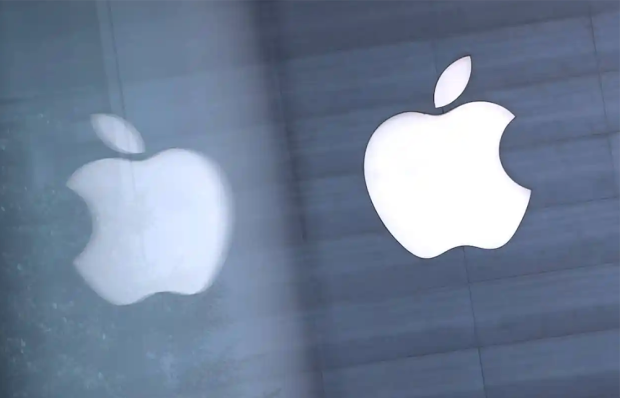‘Consider a temporary cut in executive salaries’ was the Confederation of British Industry’s advice to members at the start of the pandemic. Back then I was gripped by fears of a backlash against capitalism: top pay cuts would indeed be wise, I wrote, not least because ‘sacrifice now is sensible insurance’.
Looking at last week’s election results, I needn’t have been concerned about a second coming of socialism. But I’m one of many advocates for responsible capitalism who have long worried about growing disparities between executive and average pay — the key multiple having risen from 50 to 120 over the past two decades — that rarely reflect underlying performance. The pandemic offered an opportunity for rational restraint in the guise of social solidarity. We can now begin to see how companies on both sides of the Atlantic responded; the difference is instructive.
In the UK, analysis by PwC found a median 22 per cent fall, to £3.5 million, in total pay of chief executives of 50 FTSE 100 companies. Many have also ‘taken an axe to 2021 long-term incentive plans’, says the Financial Times. These trends have set benchmarks for shareholder rebellions on pay awards in companies such as Rio Tinto, Glencore, Pearson and Flutter, the online betting giant.
In the US, by contrast, boards mostly took their cue from President Donald Trump and paid bosses even more, despite window-dressing cuts to base salaries that are a small portion of total rewards: the Wall Street Journal found median pay for 300 US chief executives up from $12.8 million to $13.7 million and ‘on track for a record’.
What next? Over here, I suspect restraint will persist without nudging from Downing Street, because institutional investors have the bit between their teeth and will keep pressure on companies that look out of line. Over there, President Joe Biden defends his proposed tax hikes on profits and wealth, declares ‘trickle-down has never worked’ and waxes eloquent on the top-to-average pay ratio: ‘Tell me what benefit flows from that.’ But I suspect corporate America and its Congressional friends will thwart him, rewards will continue to soar — and the US will, as usual, lead the global recovery. That’s the great moral conundrum of capitalism.
To waive or not to waive
Biden’s new-found support for a temporary waiver of Covid vaccine patents raises another fascinating set of questions. World Health Organisation chief Tedros Adhanom Ghebreyesus makes the case for a waiver in terms of overwhelming priorities and the inequitable distribution of doses to date — 80 per cent to the richest countries. Economic pragmatists add that the faster the whole world is vaccinated, the sooner global trade, including demand for exports from the rich West, will also recover.
Opponents, led by Angela Merkel, argue that a waiver is an expropriation of intellectual property that would discourage future drug innovation without guaranteeing significant new ammunition for the battle against Covid, because most poorer countries do not have the capacity or know-how to manufacture high-quality vaccines. Industry voices add that a waiver could hand western biotech secrets to habitual IP abusers such as China and Russia. Meanwhile, some observers think Biden is merely grandstanding to win favour with left-wing Democrats, knowing that a waiver will take too long to achieve consensus within the World Trade Organisation and may never happen at all.
What’s the answer? Any nation that’s well advanced in its vaccination programme and has over-ordered should stop hoarding and start sending spare batches abroad. ‘Big Pharma’ should be incentivised to make more vaccine licensing agreements and joint ventures in faraway places — but also to maintain research spending at home, in order to stay ahead of the next pandemic. A patent waiver should be available only to countries where Covid is raging, IP is respected, and there’s capacity for immediate production. But how easy it is for your columnist to type these solutions; and how hellishly difficult it would be for real-life interested parties to agree on them.
Soriot’s a hero
The topics of vaccine manufacture and executive reward collide in Pascal Soriot, chief executive of AstraZeneca. Soriot took home £15 million last year (Pfizer boss Albert Bourla earned a similar figure), having driven spectacular returns for AZ’s shareholders relative to its sector since he arrived in 2012. But a proposal to increase his maximum bonus and long-term share awards met 40 per cent opposition at this week’s AGM.
French-born Soriot has become a controversial figure because of AZ’s stand-off with the EU over vaccine supplies and concerns over the incidence of blood clotting in its vaccine recipients. Let’s remember, however, that his company was the only major manufacturer to have offered mass-produced vaccine at no profit for the duration of the pandemic, and at just $3 per dose compared with $15 for a Pfizer shot. ‘We never pretended we would be perfect,’ he said recently, ‘[but] we did our very best to help the world.’ The one thing AZ shareholders might hold against him, in fact, is the no-profit offer for which the world seems so ungrateful.
Road rage
Six-hour airport queues for those brave enough to attempt a holiday abroad. All-day jams across London thanks to unfinished roadworks, new cycle lanes and the scandal of Crossrail. And now weeks of rail disruption caused by hairline cracks in the undercarriages of Hitachi high-speed trains. Freedom beckons, everyone wants to be on the move — and the new normal will be a summer of endless, rage-inducing transport chaos.
Got something to add? Join the discussion and comment below.
Get 10 issues for just $10
Subscribe to The Spectator Australia today for the next 10 magazine issues, plus full online access, for just $10.
You might disagree with half of it, but you’ll enjoy reading all of it. Try your first month for free, then just $2 a week for the remainder of your first year.















Comments
Don't miss out
Join the conversation with other Spectator Australia readers. Subscribe to leave a comment.
SUBSCRIBEAlready a subscriber? Log in